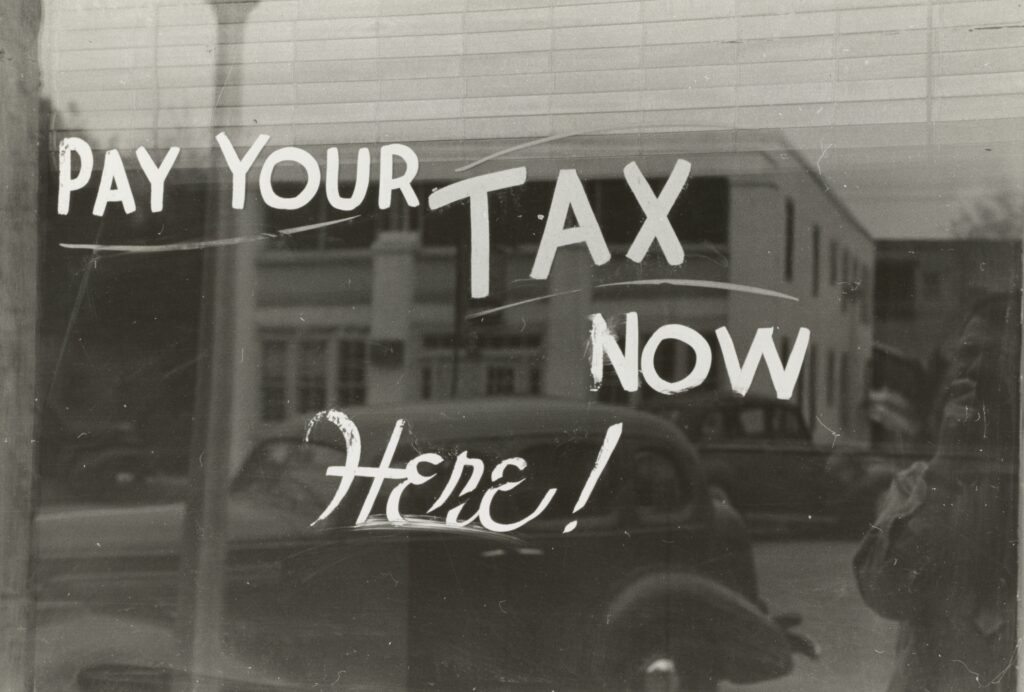Taxes in Europe are like that old friend who always shows up uninvited—necessary but sometimes exhausting. Each country has its way of handling them, from high-income levies in Scandinavia to business-friendly rates in Ireland. Love them or hate them, European taxes fund roads, schools, and healthcare, making life better—while still emptying our wallets.

Scandinavian taxes
If there were a country where taxes could win a popularity contest, it would be in Scandinavia. Denmark, Sweden, and Norway have some of the highest tax rates in the world, yet their citizens rarely complain. Why? Free healthcare, free education, and government benefits make life feel like an all-inclusive vacation—minus the cocktails. People pay up to 55% of their income, but in return, they enjoy some of the best living standards on the planet. It’s socialism done right, where paying taxes feels less like a burden and more like a VIP membership to a well-functioning society.
France
French taxes are like a passionate love affair—intense, unpredictable, and full of drama. The French government is notorious for squeezing money from its citizens in creative ways. Income tax, wealth tax, VAT, property tax—you name it, they’ve got it. Yet, the French enjoy fantastic public services, high-speed trains, and generous social benefits. Protests over tax hikes are practically a national sport, with workers taking to the streets faster than you can say “vive la révolution.” But deep down, most French people know their taxes fund the lifestyle they cherish: great wine, long vacations, and world-class healthcare.
Germany
Germany treats taxes the way it treats engineering—methodical, detailed, and slightly overwhelming. The tax code is a labyrinth so complex that even native Germans sometimes need a map (or a very patient accountant). Income tax, church tax, solidarity tax—yes, there’s a tax to help former East Germany recover. But here’s the kicker: Germany delivers. Its roads are pristine, its social benefits are rock solid, and its economy is one of the strongest in the world. It’s not the most exciting system, but like a good Volkswagen, it works reliably, year after year.
Ireland
Ireland plays the tax game differently. While most of Europe hikes up rates to fund social programs, Ireland whispers sweet nothings to multinational corporations, luring them in with ridiculously low corporate taxes. Google, Apple, and Facebook all have cozy headquarters in Dublin, taking advantage of the 12.5% corporate tax rate. The result? A booming economy with plenty of jobs, but also controversy. Some argue it’s tax dodging in disguise; others say it’s smart economics. Either way, Ireland has turned itself into the financial bad boy of Europe, and it’s working.
Italy
Italy’s taxes are like its cities—beautiful but completely unpredictable. Bureaucracy is king, and tax evasion is practically an art form. The country has high taxes, yet its collection system is so inefficient that billions go uncollected every year. Small businesses drown in red tape, while wealthier individuals often find creative ways to avoid paying their share. Despite all this, Italy still manages to fund a world-class healthcare system and generous pensions. It’s a paradox: a country that loves rules but also loves breaking them.
Switzerland
Switzerland is proof that not all high-tax countries feel suffocating. With its mix of low corporate taxes and moderate personal taxes, it has become the financial darling of Europe. Rich people love it, businesses thrive, and public services remain impeccable. Unlike its neighbors, Switzerland allows each canton to set its tax rates, making some areas tax havens within a tax haven. The Swiss love order and efficiency, and their tax system reflects that—strict, clear, and oddly agreeable.
United Kingdom
British taxes are a rollercoaster ride of changes, debates, and political headaches. With VAT at 20% and income tax climbing to 45% for top earners, taxes take a big bite. But what makes the UK tax system unique is its constant tug-of-war between those who want lower taxes and those who demand more public spending. Brexit added even more chaos, with tax policies shifting to accommodate a new economic reality. One thing is certain: no matter who’s in charge, British citizens will always grumble about taxes—it’s practically a national pastime.
Conclusion
Europe’s tax landscape is a fascinating mix of efficiency, chaos, generosity, and frustration. Some countries embrace high taxes to fund lavish social benefits, while others attract businesses with low rates. No system is perfect, but in the end, European taxes are the price of civilization—a necessary evil that keeps societies running, even if it sometimes makes our wallets cry.
You may also find these articles helpful
Taxes in the United Arab Emirates
Guide on company registration in Europe




